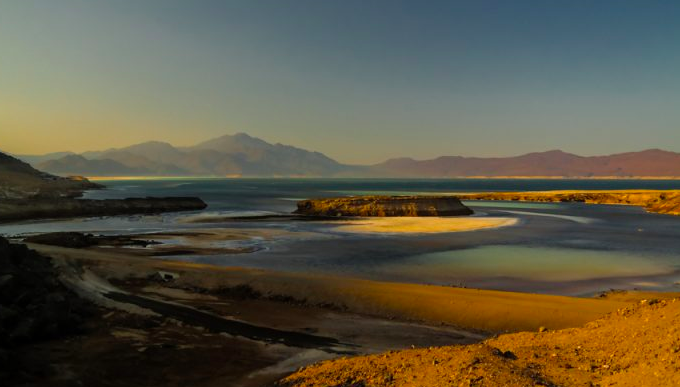
The government is determined to develop the country’s tourism potential, which is based on its natural wonders
Djibouti holds a treasure trove of delights for the tourist in search of new and authentic discoveries. But it’s a gem in its rough and unpolished form. Everything has yet to be done in terms of hotel and road infrastructure, planning and development of tourist sites and also, in training the key personnel in the sector.
Currently, tourism accounts for only 3% of national GDP and the government is keen to raise this to a more substantial figure; and tourism is also a good generator of jobs. The overall plan is to cater to business and leisure tourism by developing beach resorts and diving centres, as well as ecological tourism, which will focus on discovering Djibouti’s archaeological and prehistoric sites.
A marketing strategy will aim to place ‘Destination Djibouti’ on the international market. To help attract more visitors, the price of an entry visa for Djibouti has been reduced from $79.2 to $22.6 for tourists and business travellers; the transit e-visa (1–14 days) now costs $12, and a short-stay e-visa (15–90 days) is $23.
In the meantime, natural sites will be promoted. Djibouti has a number of UNESCO World Heritage sites, including Lake Abbe and Lake Assal, Day Forest National Park, the tumulus of Awellos and the Abourma cave paintings.
One of the most ambitious projects is already under way. In December 2018, the Djibouti Hotel/ Mall development was officially launched by President Ismaïl Omar Guelleh himself to signify the importance placed on the project.
It is described as a ‘multifunctional complex’, constructed by the Chinese company, Touchroad International Holding (THI).
To be situated along the Route de Venise near the Bawadi Mall, the project includes the construction of a 5-star hotel with 180 rooms, several of which will be presidential suites; a 4-storey building, with a large shopping centre on the first floor; over thirty high-end stores; two big cinema screens and Africa’s most modern casino, which by itself will occupy more than 1,200 square metres – and finally, nine conference rooms with a total capacity of 1,200 people.
Djibouti’s seven wonders
Lake Assal : The lowest point in Africa and the third-lowest on the planet, 153 metres below sea level, and the second-saltiest lake in the world after the Dead Sea, Lake Assal is set in a unique landscape that can’t be found anywhere else in the world.
Lake Abbe: Another of Djibouti’s exotic natural wonders is Lake Abbe, where hot springs bubble up in the middle of the desert. Despite the sulphurous odour it gives off – hence the name abbe, meaning ‘rotten’ in the local language – this site is well worth the detour.
Balho: Some 80km north of Lake Assal, this recently discovered prehistoric site has some exquisitely preserved cave paintings. A skull fragment dating back thousands of years was found in one of the ancient tombs. It’s a sign that here, not far from ‘Lucy’(regarded as the mother of mankind), the first humans on earth walked through the region.
The Ardoukoba: Another exceptional site, situated between the Goubbet al-Kharab and Lake Assal, the Ardoukoba is a geologist’s and volcanologist’s paradise. Bearing witness to the perpetual movements of the earth’s crust, the site surrounds the eponymous volcano, reaching an altitude of 298 metres at its peak. It was born of an eruption that lasted a week in November 1978, and has been dormant ever since – but the sea of black lava remains.
The Goubbet al-Kharab: It’s a legendary place that has attracted some of the world’s most famous scientists, including naval commander Jacques Cousteau. The story goes that he went diving here, and discovered something that “humanity was not ready to see”, preferring to keep it to himself. He took the secret to his grave. It has always been the subject of legend and superstition.
Day Forest: Located at an altitude of 1500m in the Goda Mountains, Day Forest National Park might be a living testimony of what Saharan and Arabian vegetation must have been like thousands of years ago. The forest is an outstanding reserve of biodiversity.
The Seven Brothers: According to enthusiasts, this is one of the world’s most beautiful places for underwater diving. An archipelago made up of dry volcanic islands, it is also a migration corridor for numerous birds from the northern parts of Europe and Asia.
Source: New African


